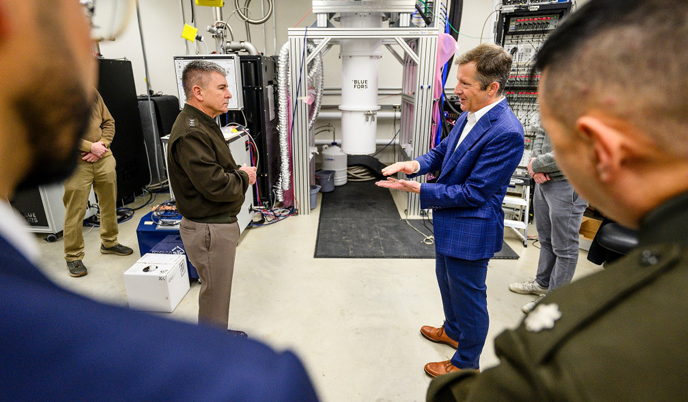
Diversifying UW’s research portfolio with federal defense, cybersecurity projects
A new campuswide effort seeks to build on existing relationships and develop closer ties between University of Wisconsin researchers and decisionmakers at the United States Department of Defense (DoD), defense-related industries, and other government partners focused on national security, like Sandia National Laboratories.
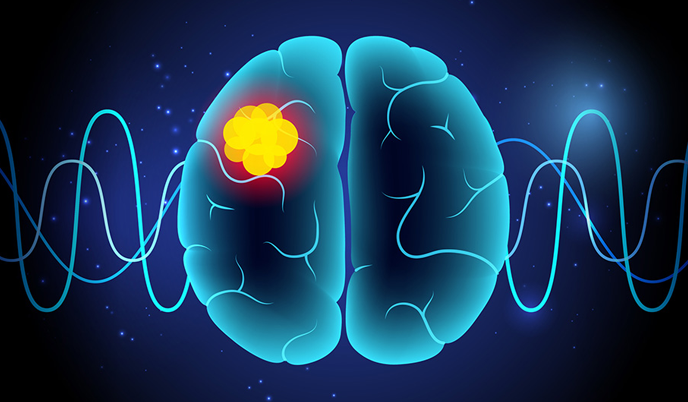
An early roadmap to preventing a devastating childhood brain cancer
Stopping genetic mutations that cause a rare but aggressive brain tumor in children may be the key to preventing the cancer’s development in the first place, according to researchers in the UW School of Medicine and Public Health.
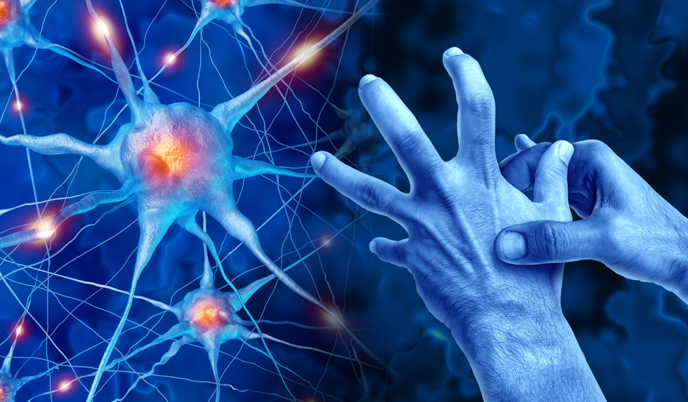
Cell therapy for Parkinson’s shows promise
Parkinson’s patients are receiving a new investigational treatment thanks to groundbreaking research by Dr. Marina Emborg, a professor of medical physics in the University of Wisconsin School of Medicine and Public Health.

Understanding the effects of social media on teens
Hundreds of Wisconsin teens are helping UW researchers understand more about their online life, with potentially transformative results.
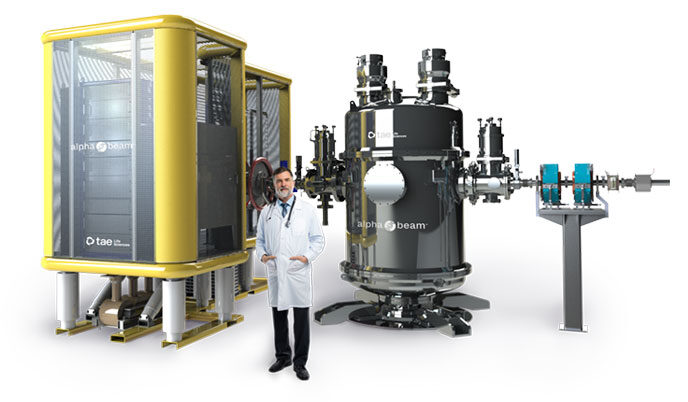
UW–Madison to lead nation in boron neutron capture therapy for cancer
The University of Wisconsin–Madison and TAE Life Sciences, a biotechnology company specializing in targeted radiation therapy for cancer care, have signed a memorandum of understanding, or MOU, announcing the intention to launch the first accelerator-based boron neutron capture therapy (BNCT) center in the United States.

Q&A: Jacques Galipeau on cell therapies to cure disease
Dr. Jacques Galipeau is the associate dean for therapeutics development and the director of the Program for Advanced Cell Therapy (PACT), a collaboration between UW Health and the University of Wisconsin School of Medicine and Public Health that aims to bring innovative cell therapies to patients. He is also a practicing hematologist, treating patients with blood clot disorders, anemia, and other diseases and conditions.

James Dahlberg receives American Innovator Award
James Dahlberg, a professor emeritus of biomolecular chemistry whose research led to a widely accessible colon cancer screening test, received the American Innovator Award from the Bayh-Dole coalition in June.
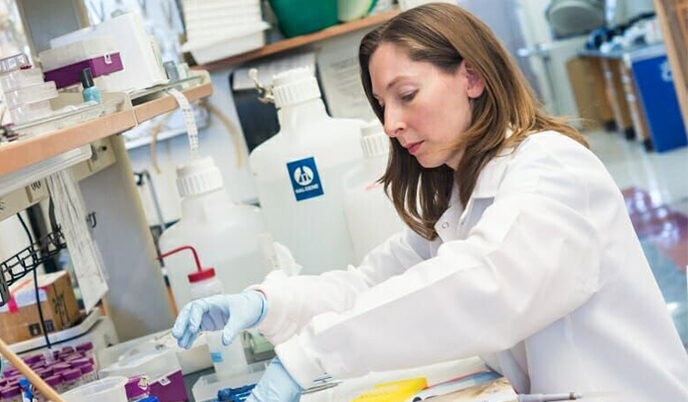
World Breast Cancer Research Day
World Breast Cancer Research Day is celebrated on the 18th day of the eighth month of the year — a reference to the one in eight women and one in 833 men who will be diagnosed with breast cancer in their lifetimes. The day is intended to amplify the urgency of preventing disease and finding cures, as well as shine a light on critical research, including studies supported by federal funding.

Freeing kidney transplant patients from daily anti-rejection medications
Kidney transplant patients are embracing a new chapter of life, thanks to a groundbreaking clinical trial that eliminates the need for a lifelong regimen of anti-rejection drugs, which can cause serious side effects.
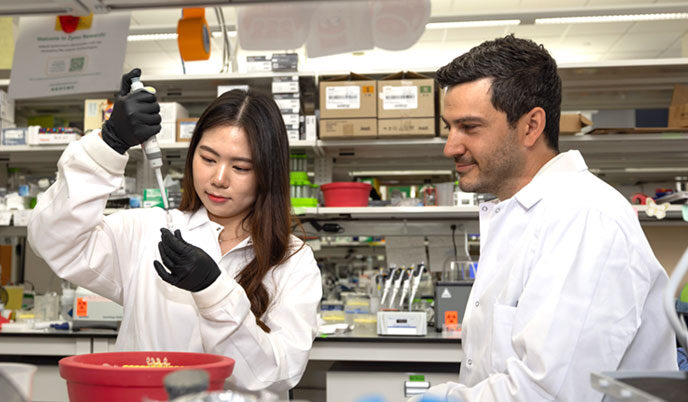
How cells rust to death with age
In the same way that sheet music shows musicians what to play, DNA shows the body how to function. But what if a violinist’s pages got jumbled out of order, or the melodies marked mute? The instructions would still be there, but they wouldn’t make sense to the player.

Stronger communities, healthier futures: the Wisconsin Idea at work

No role for routine antibiotic use in patients admitted for COVID-19
A large cohort study by researchers at the University of Wisconsin School of Medicine and Public Health provides the best evidence to date that routine antibiotic treatment for COVID-19 is unnecessary and potentially risky.